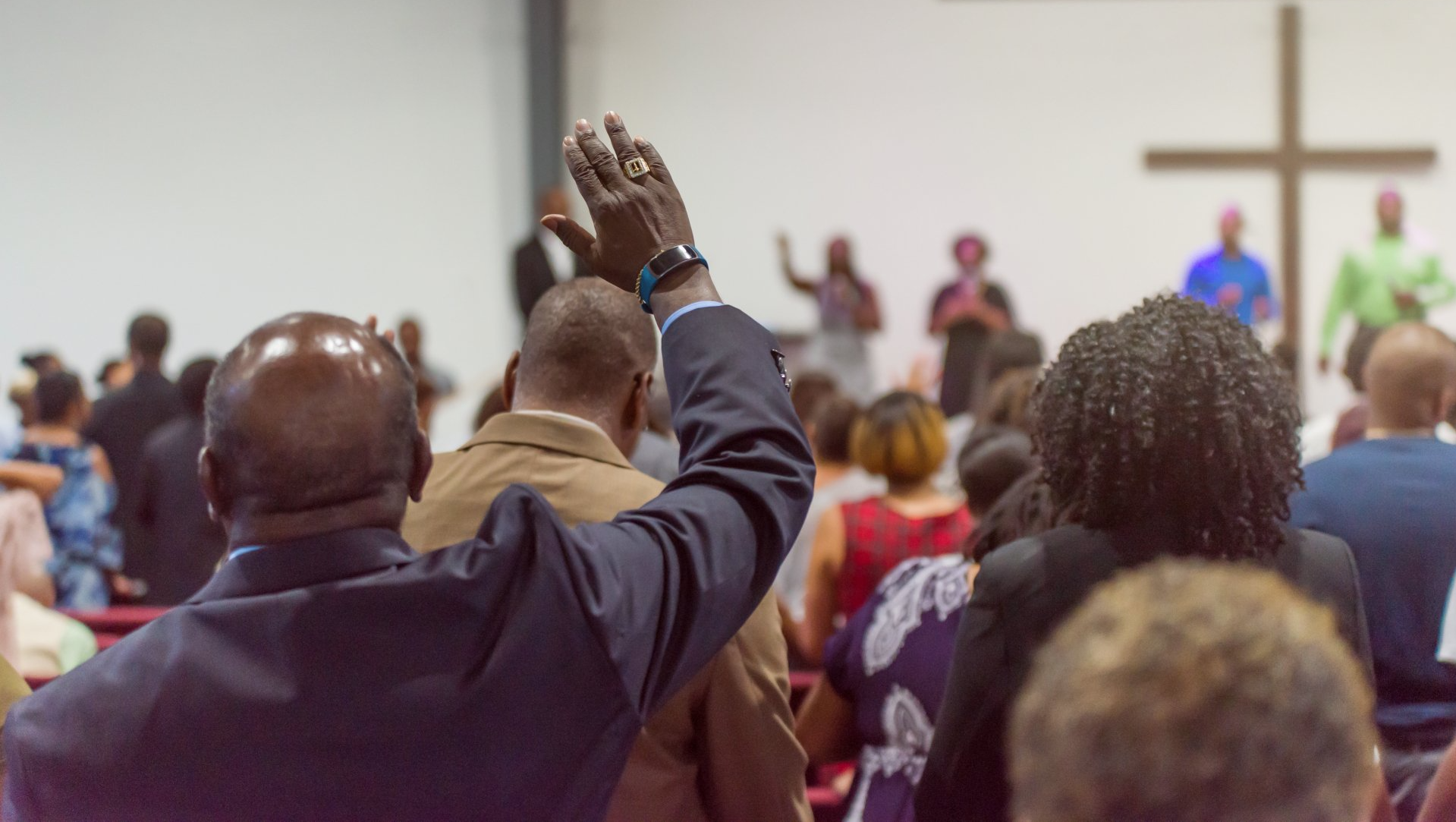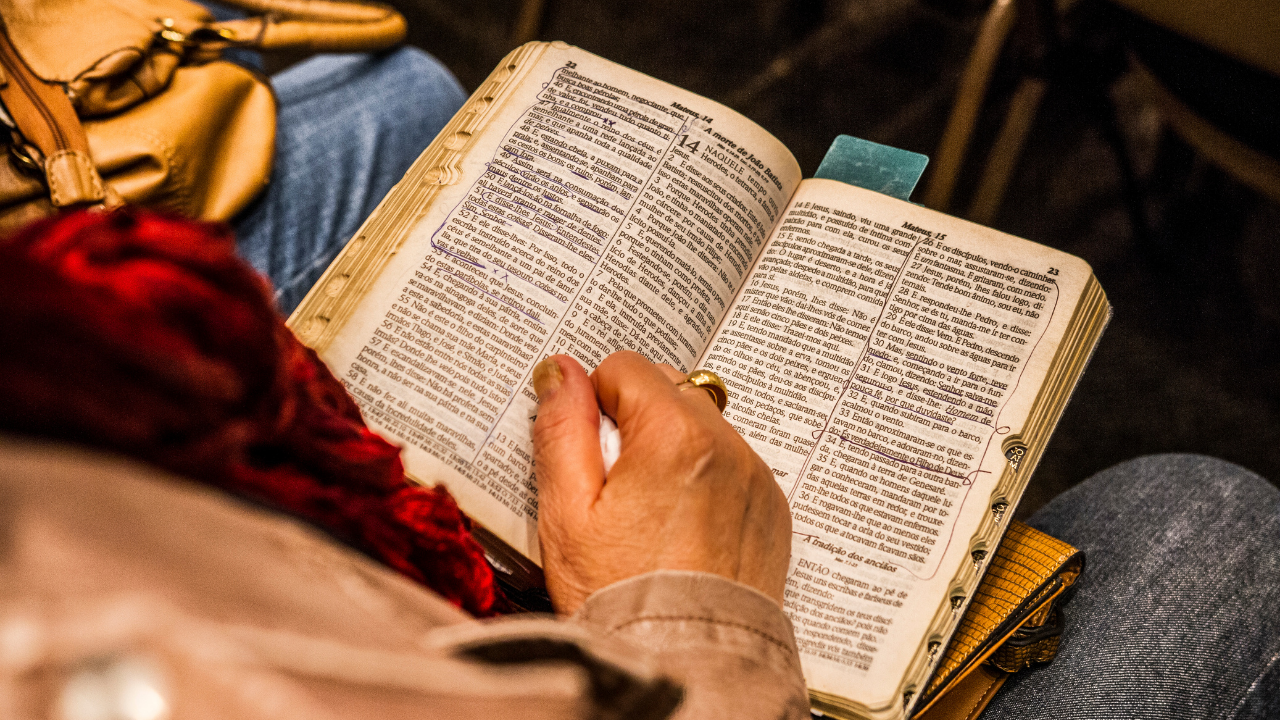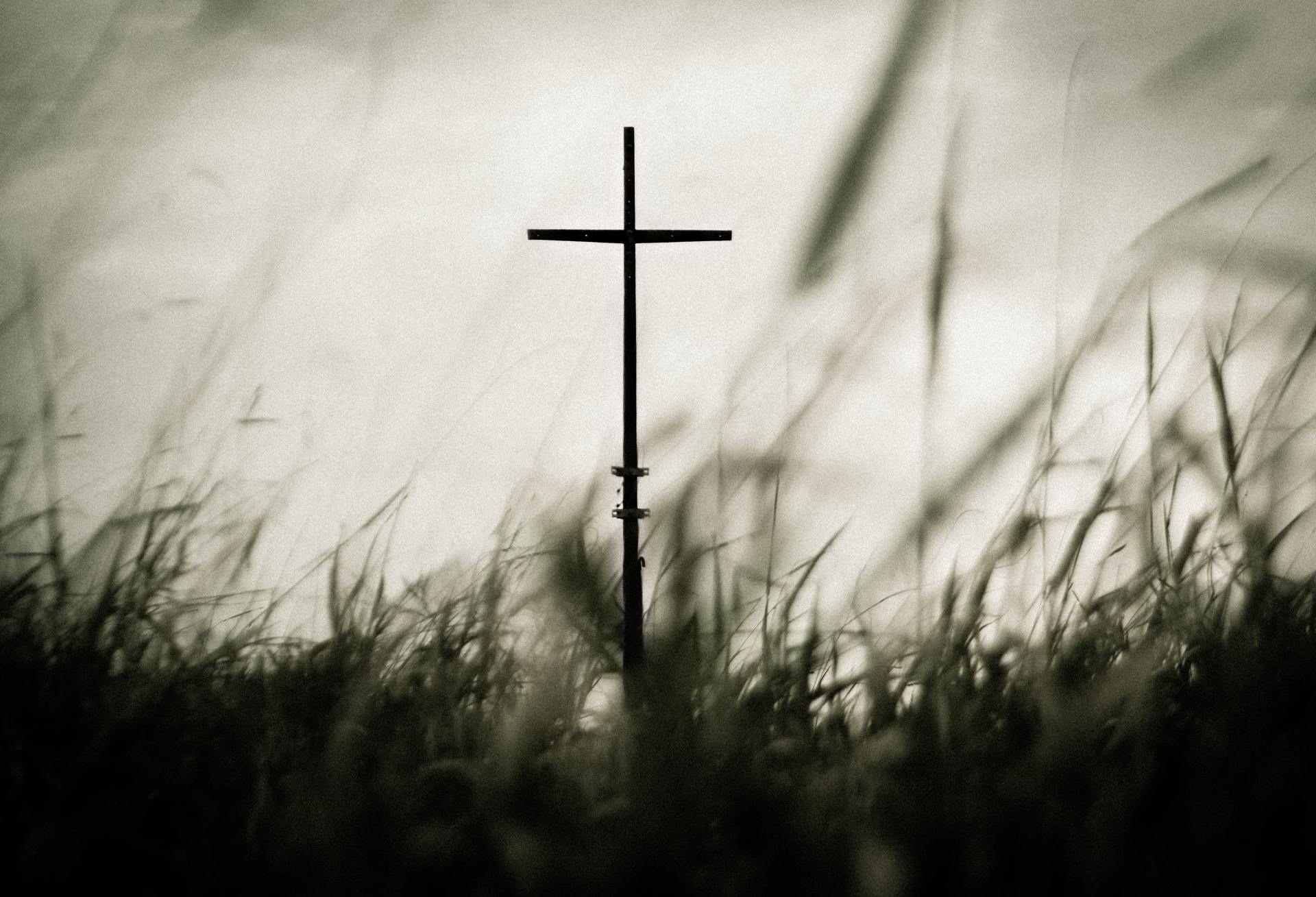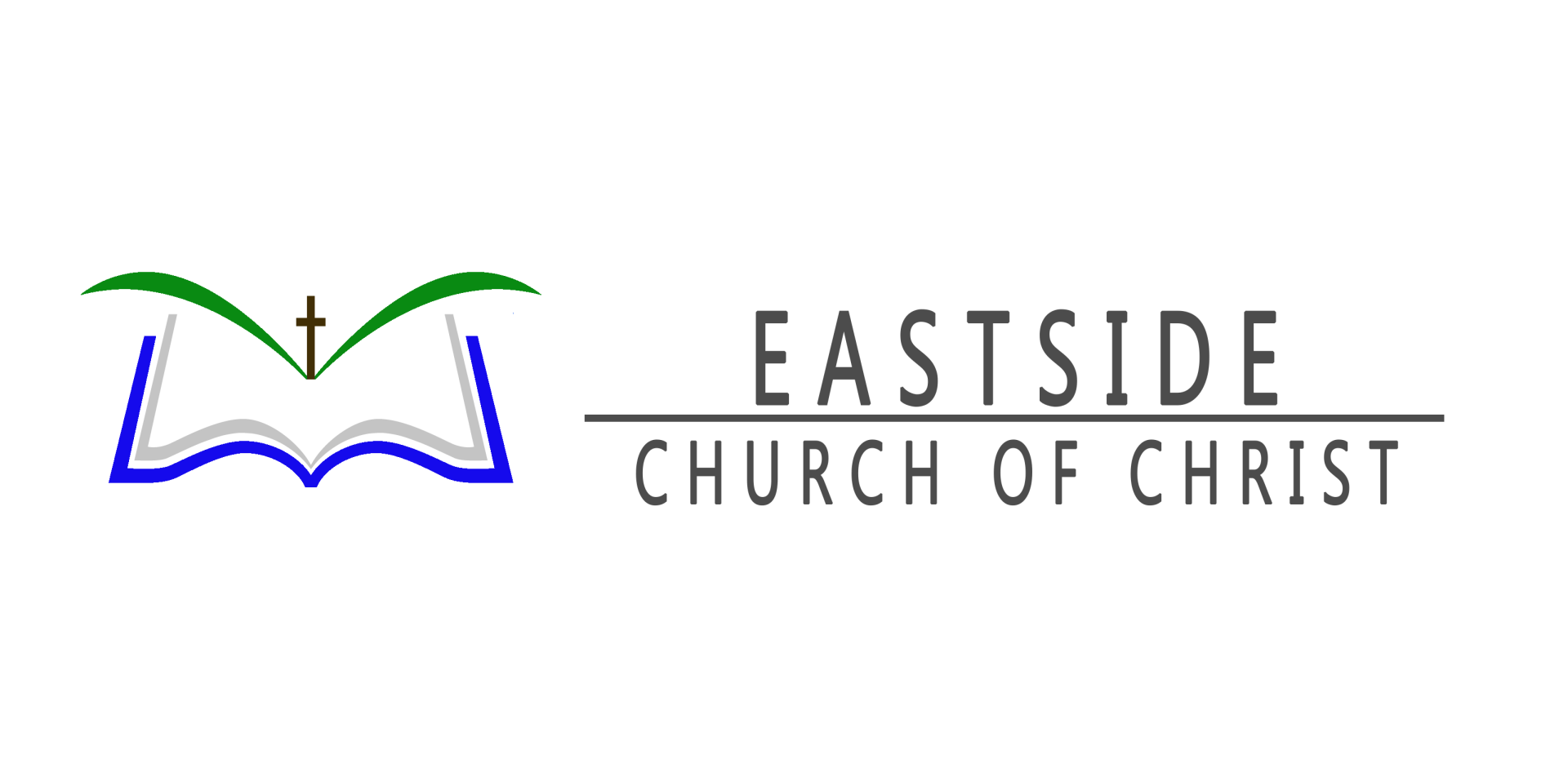History of the Church of Christ
September 25, 2020
Kenneth Drew
The History of the Church of Christ
At one time owning a Bible was illegal for the ordinary person, believing it was worse, often resulting in torture and death! Bibles were copied and shared with brethren, they could not be purchased so the only way to have one was to copy the scriptures illegally from a friend. This way for centuries the word of God, the Holy Scriptures, were shared in the vernacular language until the age of printing, and then later, the Reformation. The church of Christ existed prior to the Reformation and were the only people to have the Bible except the Roman Catholic Church who kept it hidden. These pre-Reformation Bibles were the basis for Tyndale's printed English translations (1526 updated in 1530) and from there, the basis for the King James Bible (1611). In 2011 the Anglican Church made much about the King James Bible, but they were amiss in not giving credit to Tyndale, a member of the Lord's Church and also forgot to mention they too at one time would burn a person for owning the Bible. This web-site is a history of those people who kept the Bible alive during the Dark to Middle Ages and later, brethren who called themselves - The Church of Christ.
From about 1000 AD in England, Christians called by their enemies derogatory terms such as Waldensian, Lollard, Pelagian and Anabaptist, who baptized believers for the remission of sins by immersion upon confession, have been active in Great Britain and even earlier in Europe. They called themselves Christians and the church - The Church of Christ, having met continuously to join in fellowship with the Restoration Movement in the 1840s. The first Church of Christ came into being on the first Pentecost after the Resurrection.
The churches of Christ (Romans 16:16) do not follow the Roman Gospel which originated in paganism, several hundred years after the first church of Christ assembled in Jerusalem on the first Pentecost after the Resurrection, who followed the Jerusalem Gospel. It is an error to confuse the churches of Christ with the Protestant Reformation, they are not Reformers but restorationists, who hold to the Word of God in all maters of faith and practice. For the pre-Reformation Roman Catholics it was sin, the reformation Anglicans, Protestants, Lutherans, Zwinglian, Calvinist and Roman Catholics all held that the churches of Christ were in sin, and through persecution many Christians died at the hands of the Reformers and Roman Catholics - there was nowhere to flee, except prayer. The Reformers and Roman Catholics held to the alliance of Church and State and denied Free-Will, the churches of Christ opposed this, confirming Free-Will and separation of Church and State, which made them criminals twice over. The Reformers holding fast to the doctrine of Church and State forced this through infant baptism (infant baptism is pagan in origin).
Romans 12:2 And be not conformed to this world: but be ye transformed by the renewing of your mind, that ye may prove what is that good, and acceptable, and perfect, will of God.
James 4:4 Ye adulterers and adulteresses, know ye not that the friendship of the world is enmity with God? whosoever therefore will be a friend of the world is the enemy of God.
The famous Swiss Reformer Huldrych Zwingli stated “Nothing grieves me more than that at the present I have to baptize children, for I know it ought not to be done" he also states "… If however, I were to terminate the practice then I fear I would lose my prebend.” He affirmed: “I leave baptism untouched, I call it neither right or wrong; if we were to baptize as Christ instituted it then we would not baptize any person until he has reached the years of discretion; for I find it nowhere written that infant baptism is to be practiced.” He concludes: “However, one must practice infant baptism so as not to offend our fellow men." (Verduin, Reformers and Their Stepchildren, 198/9)
One thousand years of Churches of Christ in England - Traces of the Kingdom.
But even if we or an angel from Heaven preach a gospel to you beside what we preached to you, let him be accursed. As we said before, and now I say again, If anyone preaches a gospel to you beside what you have received, let him be accursed.
From the letter written by Paul of Tarsus to the Galatian churches, dated approximately 53/56 AD (Gal 1:8,9)
Archie Watters in his History of the British Churches of Christ (1948) wrote "The story of the Churches of Christ in Great Britain is of particular value in correcting an error which has persisted for some time that the movement is peculiarly American. Alexander Campbell was at considerable pains to point out the fact that the movement was as much native to Britain as America."
In 1891 Walter Crosthwaite was baptized at Ulverston, England. The late American brother, John Allen Hudson, said of brother Crosthwaite in his book 'The Churches of Christ in Great Britain (1948)', to have "saved the cause of our Lord from complete defeat in Britain." It was from Walter Crosthwaite that the work of training evangelists to prepare the church for the later part of the twentieth century was undertaken. Brother Crosthwaite was born in Ulverston on October 30th, 1873. His father Joseph had started the Ulverston congregation in 1876 on the 19th of March and was an elder there for many years.
The fellowship to which Joseph Crosthwaite belonged was the churches of Christ which are known to have existed in the Furness Fells of Northern England in the 1600s, and those churches were in fellowship with other churches of Christ, which went back many years earlier, this is a history of those churches.
Dr. Robert Halley, Principle of New College, London (congregational) wrote in 1869 in his work 'A History of Puritanism and Nonconformity in Lancashire' of the Tottlebank Church of Christ, "It has been disputed where was formed the first congregational church in England. Islington, Yarmouth, Southwark, Dukinfield have claimed the honour. Among the fells of Furness was founded the first Christian church in England. By Christian I mean here not congregational, not Presbyterian, not Episcopal, not Baptist, but simply Christian in its unrestricted sense - Christian not sectarian, Catholic not denominational, a church of people acknowledged as Christians and nothing else. A poor ejected Minister from over the sands had the wisdom and grace to form such a church, and the poor mountaineers of his neighbourhood had the piety firmly to adhere to it and long sustain it."
Dr Halley was wrong, such churches in the Furness Fells pre-existed the Tottlebank congregation.
Anglican clergyman, Dr Daniel Featly, (who was one of the translators of the King James Bible) wrote in 1645 of the Churches of Christ meeting in London and elsewhere in his work the 'Dippers Dipt', took those congregations back to 1525 when he quotes from them "That baptism ought to be received by none, but such as can give a good account of their faith; and in case any have been baptized in their infancy, that they ought to he re-baptized after they come to years of discretion, before they are to be admitted to the Church of Christ." These churches in the 1600s were in communication with other churches of Christ in America, nearly two hundred years before Campbell!
Featley, an enemy of the Lord's church, states there were members of the Church of Christ, in London, that they had existed in England during the reigns of Henry VIII, Edward VI, James I! These congregations existed separately from the Church of England and dismissed infant baptism, baptizing those who could give an account. Featly confirmed these congregations immersed for the remission of sins (Dippers Dipt), from elsewhere we know they were congregational and opposed Calvinism, being "Free-Willers."
But Featly was wrong on one account, such congregations existed prior to 1525, being pre-reformation!
In c. 1449-1455 Reginald Pecock, sometime bishop of Chichester wrote his most famous work, 'Represser of over-much weeting [blaming] of the Clergie' the first major theological work after the Conquest (1066) to be written in the vernacular English. The 'Represser' was a refutation of the Lollards, who called themselves Christians, and the church, the church of Christ, who baptized believers by immersion for the remission of sins. The first major theological work written in English after the Norman Conquest of 1066 was to oppose the Church of Christ. Pecock, who held views similar to the later Anglican Church died a heretic at Thorney Abbey about five years after his 'Represser' was written. His sin? The use reason against those Christians termed Lollards who called themselves the church of Christ.
In 1529, Simon Fish a barrister by profession and one of the preachers at the Bow Lane Church of Christ (London) wrote his work, titled 'The Summe of the Holye Scripture.' The book was printed in Latin and English over several editions. The title page reads 'The Summe of the Holye Scripture and ordinary of the Christian teaching the true Christian faith by which we be all justified. And of the virtue of baptism after the teaching of the Gospel and of the apostles with an information how all estates should live according the Gospel.'
Fish's book teaches baptism by immersion for the remission of sins. For a time Fish was friends with Henry 8th and his wife, the queen, Anne Boleyn, advising on the Reformation until Henry realized Fish was seeking Restoration, not Reformation! Fish was a close friend of another member of the church of Christ, William Tyndale, the famous Bible translator. Fish with others through queen Anne getting the scriptures into the court of Henry. A perfectly dangerous thing to do, Fish fortunately dying of the plague a year later, his wife marrying James Bainham being made a widow twice when he died in the flames of persecution in 1532.
If you have any questions please contact us
and we can have a bible study together. May God be with the readers, hearers, and doers of His Holy Word.
Eastside Church of Christ Blog

Cor. 12:27-28 'Now' ye are the body of Christ, and members in particular. And God hath set some in the 'church'.....ISN'T THE BODY THE CHURCH AND THE CHURCH THE BODY? If that is the case , the 'body of Christ,' is the same as the 'church of Christ.' I see it in these two verses do you? Paul called the body of Christ , the church, therefore it is the church of Christ.










